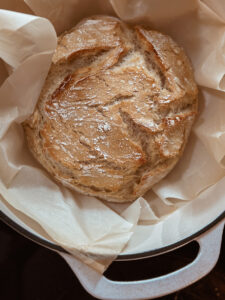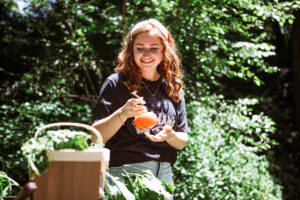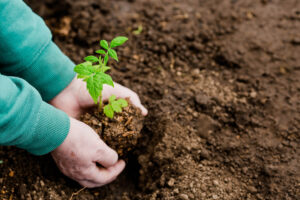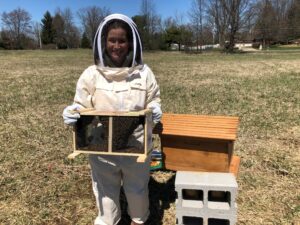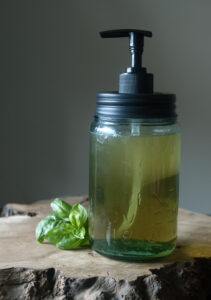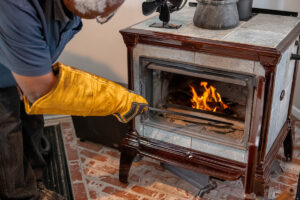The farm I live on, World Hunger Relief, Inc. in Waco, Texas, uses composting toilets rather than flushing toilets. I had heard about them before I came and thought it was just a quirky thing that they did, having a toilet that didn’t require plumbing, but I quickly realized upon my arrival that every toilet in common use on the property uses sawdust instead of water.
I remember my first tour of the place. I arrived at night and was given a quick tour of the dorm by Melody. We walked into the bathroom, with two sinks and a small shower and a teal-colored door in the back. Melody worked up a bit of theatrics for us: And this, she said as she opened the door, revealing a teal staircase with teal walls leading up to a bench with a toilet lid on it, is the throne
The toilets that we use are seats set on top of large chambers. We do our business, use normal toilet paper, and throw in a scoop or two of sawdust when we finish, to add carbon to the compost mixture. These toilets are not like port-a-potties, which can smell pretty bad pretty quickly; instead, the sawdust covers up the scent, so for all intents and purposes using these toilets feels the same as using a flushing toilet. But there’s a perk: our bodies waste doesn’t go literally to waste in sewage treatment plants, instead we get to return our byproducts to the soil, just like any other animal on this farm.

Every once in a while we remove the pile from the chamber down below, turn it, and compost it again at a high temperature (150 degrees F) to get rid of any pathogens. Once it’s finished, we use it on our pastures to enrich the soil as is common knowledge, any soil will benefit from organic matter. The vegetable gardens do not directly get human manure compost, just because we want to be extra cautious, but the land on this farm is on rotation from different types of pasture to vegetables over the course of years, so several years down the line even our food will be nourished by ourselves.
We might as well use our inevitable source of organic matter to improve our soil and add to the natural cycling of the farm, the less that leaves our farm, the less we have to take in. Sitting on the throne is now, for me, as agricultural an act as eating.
(Editor’s Note: See Lehman’s full line of composting toilets, accessories and supplies here.)


